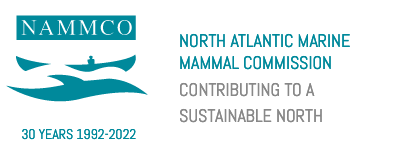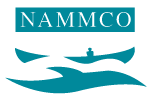29 August 2019: NAMMCO’s presentation at the World Marine Mammal Conference
This December, NAMMCO will attend the World Marine Mammal Conference in Barcelona, with the oral presentation Outreach on the case of Arctic sealing: opening up for a reframing of the sustainability discourse?
Whales and seals continue to be major resources for Arctic communities and hunting them a part of long-standing cultural traditions. However, the question of whether whales and seals can be sustainably harvested as living marine resources is typically seen as a topic too controversial to discuss in the public sphere. In 1992, the Faroe Islands, Greenland, Iceland, and Norway established NAMMCO – an intergovernmental organization to foster cooperation on research, conservation and management of marine mammals in the region, and to provide management advice (based on scientific evidence and user knowledge) for both their conservation and use. In the current climate of international public opinion, this leaves the organization with a particularly unique challenge regarding outreach and education. How to communicate not only conservation concerns, but also the potential sustainable use of marine mammals as living resources in a global perspective?
This talk will describe how NAMMCO is approaching this unique outreach challenge through an ecosystem perspective. It will present a pilot study using Life Cycle Assessment (LCA) showing that consuming seal meat in Greenland results in lower greenhouse gas emissions and other advantages than pork imported from Denmark. However, the European ban on seal trade has significantly reduced income sources for many Greenlanders, who can no longer afford to hunt and are now turning towards these cheap but less sustainable protein imports. Furthermore, the high pollution levels documented in certain marine mammals have led to the Governments of Greenland and the Faroe Islands advising that they not be eaten, at least by certain segments of the population.
The presentation of this case illustrates how raising questions about what is sustainable and environmentally damaging from an ecosystem perspective can help reframe outreach efforts in a way that opens up for new conversations about conservation and use for Arctic resilience.
Our presentation is scheduled for 9:00 AM on 12th December as part of the Education and Outreach Session. We are allotted a total of 15 minutes, with three minutes set aside for questions.



